The FMS has published several studies, often in collaboration with other civil society organisations. With these publications, we contribute to in-depth and comprehensive research on themes related to the promotion of democracy, policy coherence for (sustainable) development, climate justice, migration, and international social democracy. Below, you can find the various publications which have been carried out by the FMS.
Would you also like to contribute to the work of the FMS through research, analysis or our news coverage? Find more information here!
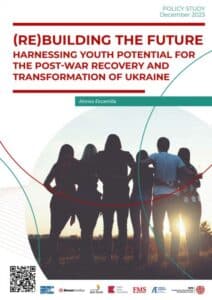
The Russian Federation's large-scale invasion of Ukraine in February 2022 had a catastrophic effect on Ukrainian youth. As a result, young Ukrainians are emerging as a key target group for public policy once the post-war recovery process begins. This policy study highlights the importance of viewing young people positively as active stakeholders who themselves need to be involved in recovery and transformation of Ukraine.
In this analysis, Alonso Escamilla highlights the importance of recognising Ukrainian youth as active stakeholders in the transformation and post-war recovery of their country. The study offers valuable insights from successful post-war recovery practices while urging relevant stakeholders to tailor these measures to their specific profiles, regions and situations.
Escamilla draws attention to the importance of social and psychological well-being, vocational education and social security and presents a holistic framework for successful youth reintegration. The approach outlined advocates data-driven policy-making, prioritising inclusiveness and encouraging community-based recovery efforts.
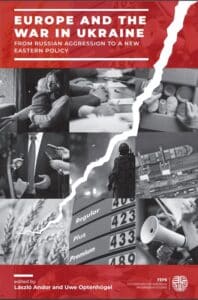
In cooperation with a number of international social democratic foundations including the FMS, the Foundation for European Progressive Studies therefore published the book "Europe and the War in Ukraine, from Russian Aggression to a New Eastern Policy". In it, the above questions are discussed, focusing on key issues surrounding the war of aggression against Ukraine from a social democratic and progressive perspective.
Read the preview here. Buy the full book this page.
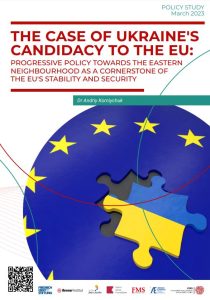

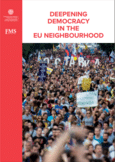



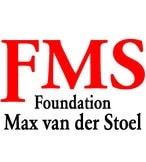
1) Asylum seekers are entitled to a fair procedure
2) No reception of asylum seekers and migrants in camps run by countries with poor human rights records
3) Introduce more forms of legal and regulated migration
4) Stop oversimplifying Africa
5) Work towards a fair relationship towards countries in Africa


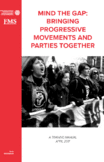
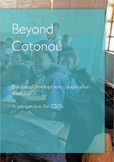
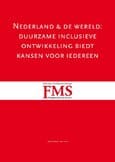
This note was produced with the help of Paul Engel, Arjen Berkvens, Jolein Baidenmann, Peter Heintze and Wouter Kolk.
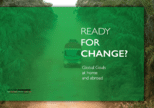
A total of 57 organisations and companies collaborated to create the 'Ready for Change' publication. A unique collaboration! Special thanks go to the Food & Business
Knowledge Platform, KIT, ECDPM, PBL and the African Studies Centre. The publication is edited by Jean Baylock.

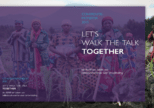
In addition to FMS, Partos and Woord en Daad, ECDPM, DIE, Tax Justice Netherlands, Both ENDS, Icco, MVO Platform, Cordaid, Hivos, ActionAid and Wemos also contributed to the production of this report.
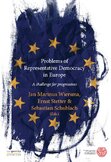
The publication has been edited by Jan Marinus Wiersma.

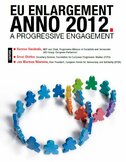
Edited by Jan Marinus Wiersma, Ernst Stetter and Hannes Swoboda.

In 2010 and 2011 the European Forum for Democracy and Solidarity, together with other partners like the Party of European Socialists (PES) and the Progressive Alliance of Socialists and Democrats in the European Parliament (S&D Group), organised three thematic conferences in Eastern Europe, South Caucasus and Central Asia. At those conferences representatives of political parties, the civil society and the academic world discussed with European colleagues the historic development of democracy and of social democracy as well as the current situation in their respective countries. This publication presents the results, findings and conclusions of those conferences.
Edited by Marina Ohanjanyan and Jan Marinus Wiersma.
